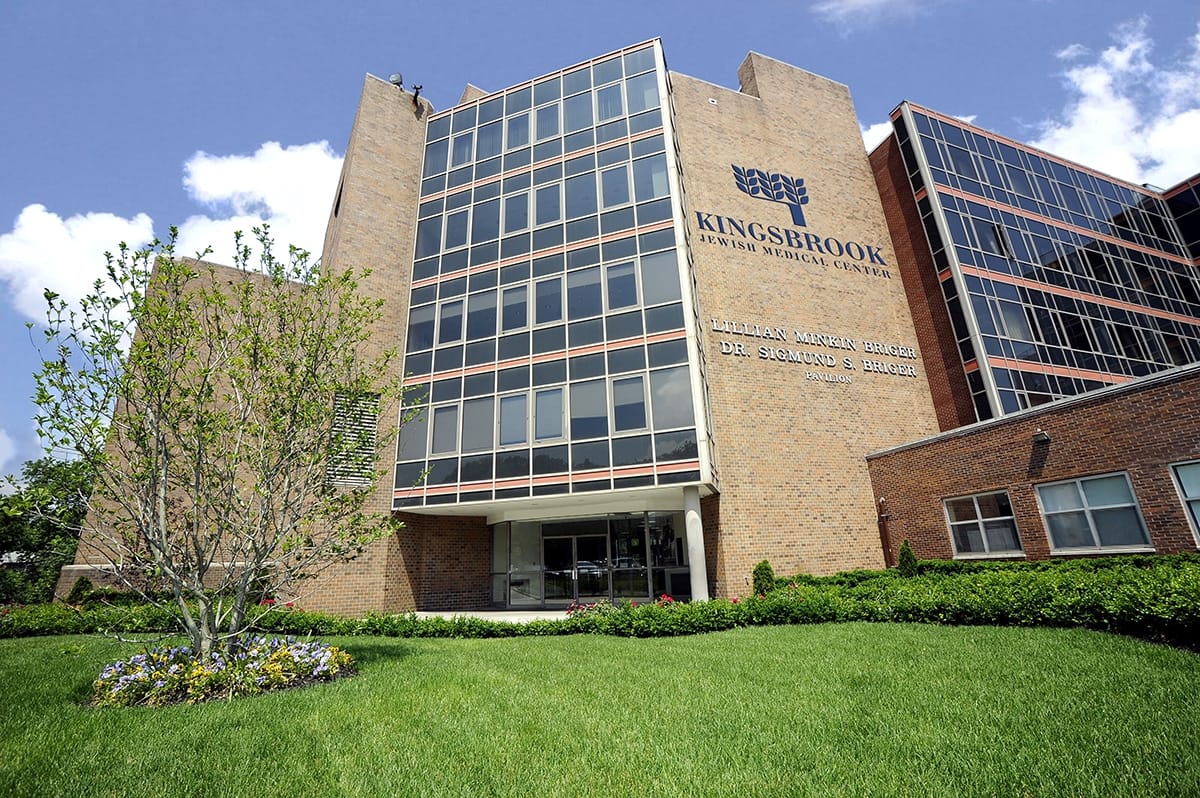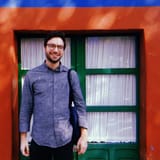Controversial Brooklyn Hospital Consolidation Postponed… Again


With coronavirus cases on the rise again in New York, a state-led plan to consolidate three struggling central Brooklyn hospitals has been put on pause for the second time in a year.
In a virtual meeting on Tuesday night, One Brooklyn Health System’s CEO, LaRay Brown, told staff that the planned elimination of about 200 beds from Kingsbrook Jewish Medical Center in East Flatbush, which was scheduled to be completed by December 31st, would be put on hold until the pandemic is again under control.
The deactivation of beds is part of Governor Andrew Cuomo’s Vital Brooklyn initiative, intended to address health, social and economic disparities in low-income Brooklyn neighborhoods.
About half of the $1.4 billion set aside for the initiative is being directed to the One Brooklyn system, which plans to consolidate its in-patient services at Interfaith Medical Center and Brookdale Hospital, while transforming Kingsbrook into a “medical village” focused on providing ”primary and specialty care, emergency services, and post-acute care services.”
In doing so, One Brooklyn would eliminate all of Kingsbrook’s in-patient medical-surgical beds, which at their peak numbered 163, along with dozens of additional beds for patients receiving treatment for coronary issues, traumatic brain injuries, and coma recovery.
The transformation was put on hold in mid-March as Kingsbrook and other hospitals across the city were overwhelmed by coronavirus patients. In October, with case counts low, the process kicked into gear again. But with a second wave of infections well underway and One Brooklyn’s beds again filling rapidly, Brown said it would appear “tone deaf” to close admissions now.
“We will continue to monitor the capacity at all three of our campuses on a daily basis and weekly basis and from a week-to-week basis, looking also at what’s happening in terms of infection rates in the community,” Brown said. “We will decide when to close admissions and effectuate the full closure of the medical-surgical CCU beds at Kingsbrook.”
Brown said on Wednesday night that 97 of Kingsbrook’s current 131 medical-surgical beds were occupied, as were 11 of the hospital’s 16 ICU beds. She said Kingsbrook would add several additional ICU beds in the coming weeks.
The hospital, like all others across the state, was required by the Governor to submit a plan that would increase bed capacity by 25% to accommodate an additional surge, which Brown said would bring Kingsbrook’s total bed count from 196 to 245. One Brooklyn has also signed additional contracts with nursing agencies to meet increased demand for staff, which was another challenge hospitals faced in the spring.
“We are going to be taking this on a day to day basis. so it depends on what our needs are,” Brown said.
The transformation plan’s pause represents something of a reversal for One Brooklyn, which in the fall insisted it could handle a surge of coronavirus patients without Kingsbrook’s inpatient beds. It was also a win for a group of hospital staff and community activists that have resisted the transformation plan and framed it as part of the broader health inequities plaguing the city’s low-income neighborhoods.
“It is hard to imagine that the rising COVID second wave healthcare crisis is taking them by surprise,” said Julie Keefe, a Kingsbrook nurse involved in the fight against the consolidation. “Perhaps the surprise factor is that awareness of the inpatient bed closure plan at Kingsbrook is spreading and there is growing public awareness and pressure. People are rightly shocked and horrified by the idea that beds will be closed at a Black community hospital when the neighborhoods served by the hospital are already so hard hit by COVID and by pre-existing racist healthcare inequalities.”
Indeed, a petition organized by Keefe and other Kingsbrook staff asking Governor Cuomo to pause the consolidation has been signed by a variety of notable local health and advocacy groups, including the Brooklyn NAACP and the NYC Democratic Socialists of America.
“Given COVID, it’s important to pause and step back and reassess,” said Anthony Feliciano, director of the advocacy group Commission on the Public’s Health System, which also signed the petition.
Feliciano said he supported parts of the Governor’s plan, but that the pandemic had made clear the need to ensure that “if Kingsbrook does move or close in some way, the rest of the One Brooklyn system can actually handle it.”
The contours of any such reassessment remain unclear, and will likely be the subject of future conflicts. Brown said she emphasized to hospital staff that the pause was a temporary one, and consolidation would likely resume in late January or February, depending on the state of the pandemic. The state Department of Health also confirmed that long-term plans for the hospital system had not changed.
“The Department is aware that due to the ongoing pandemic response, the closure of Kingsbrook Jewish Medical Center’s Medical/Surgical and ICU beds have been postponed by leadership,” DOH spokesperson Erin Silk said in an email to Bklyner. “This does not change One Brooklyn Health’s plan to continue with the conversion of the Kingsbrook campus to expand ambulatory care services as part of the Vital Brooklyn initiative to increase access to healthcare in the area.”
Meanwhile, even as the fight over the hospital’s response to the pandemic rages on, the first doses of the vaccine have already been administered to hospital staff. Brown said the Brookdale and Kingsbrook campuses received shipments of the vaccine earlier this week, and that at least 100 Kingsbrook staffers have been vaccinated so far.
As is the case at hospitals across the country, One Brooklyn is administering the vaccine to employees according to a priority list that starts with the emergency department and intensive care staff, followed by those who work in the system’s nursing home. Brown said she hopes the vaccine will ease pressure on staff even if the One Brooklyn’s hospitals are faced with a deluge of patients.
“Not only will the vaccine help them in terms of not having the virus,” Brown said. “But also keeping their families and the people they interact with in the community safe. Many staff live in Brooklyn. By being vaccinated, they’re helping to stem this virus’ progress. So it’s incredibly important that healthcare workers given priority access to the vaccine take it.”




